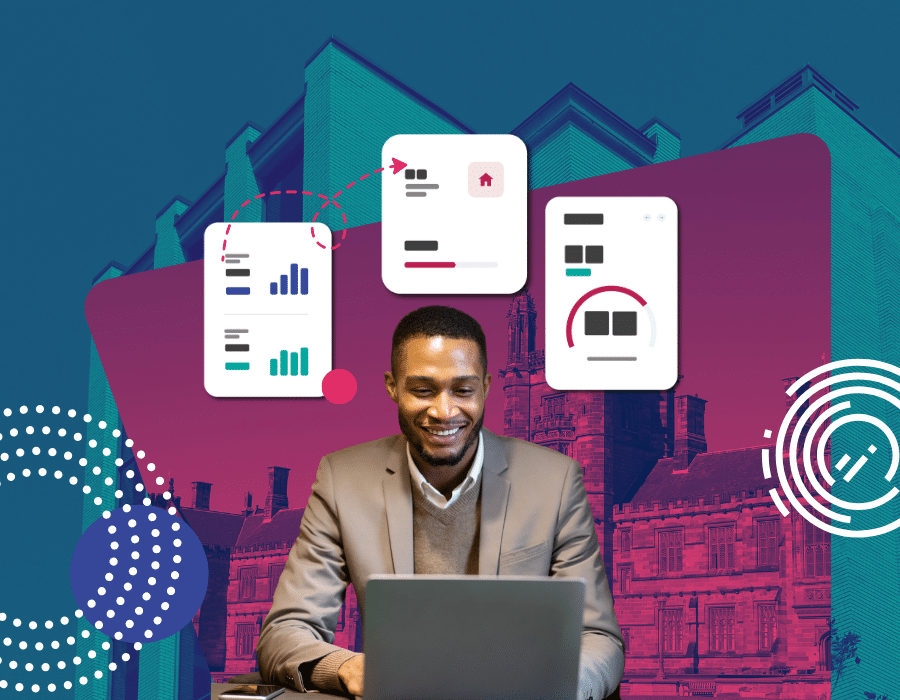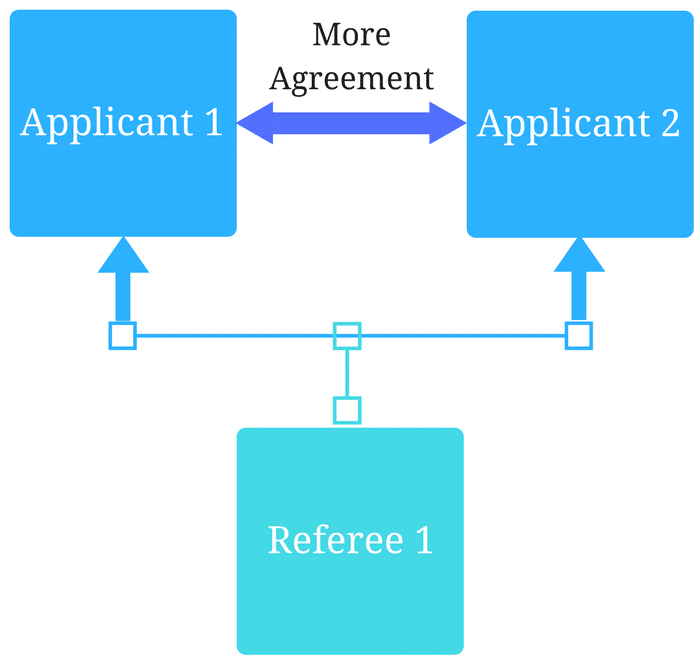The Data-Driven Future of Healthcare Education

August 15, 2024
Data and technology are revolutionizing healthcare education. As the medical field continues to evolve, so do the methods and tools used to train the next generation of healthcare professionals.
Data-driven approaches are now at the forefront, offering unprecedented opportunities to enhance learning experiences and outcomes. From AI-powered simulations to adaptive learning platforms, these innovations are reshaping how medical education is delivered, ensuring that students are better prepared for the complexities of modern healthcare.
This week on the Holistic Success Show, we explore the data-driven future of healthcare education with Anhphan Ly, Senior Director at Columbia University’s Vagelos College of Physicians and Surgeons.
We discuss how educators, students, and programs can use data to improve outcomes for all.
How is AI transforming healthcare education?
Over the past few years, the healthcare education sector has made significant strides in technology adoption. AI is now being used in innovative ways, such as AI bots and simulation programs that replicate patient interactions.
These tools provide students with unlimited practice opportunities, enhancing their clinical skills without the high costs of standardized patients. At the same time, schools like NYU are integrating AI to suggest educational improvements based on clinical data, showcasing AI’s potential to revolutionize healthcare education.
AI’s impact extends beyond simulations. Institutions are employing AI to analyze vast amounts of educational data, identifying patterns and insights that were previously inaccessible. This allows for more personalized learning experiences.
For example, adaptive learning platforms can adjust the curriculum based on a student’s performance, ensuring they receive the right level of challenge and support. This tailored education helps students stay engaged and progress at their own pace, ultimately leading to better outcomes.
What role does data play in student outcomes?
Data collection has always been vital in healthcare education, but its use has often been limited. Columbia University’s approach emphasizes a shift towards continuous data collection that informs students, faculty, and programs on how to improve.
By automating narrative feedback through natural language processing (NLP), educators can provide students with specific, constructive feedback that directly impacts their learning. This method moves away from traditional, often unhelpful feedback and focuses on actionable insights that foster student development.
Continuous data collection and analysis enable educators to track student progress more accurately. For instance, if a student struggles with a particular concept, the data can highlight this, prompting timely intervention.
Furthermore, long-term data trends can reveal the effectiveness of different teaching methods, allowing institutions to refine their approaches. This data-driven strategy ensures educational programs evolve to meet the needs of both current and future students.
How can innovations in feedback mechanisms help students?
Innovations in feedback mechanisms are essential for developing self-directed learners. At Columbia, standardizing narrative feedback using NLP filters out non-constructive comments, allowing students to focus on areas requiring improvement.
Each learning interaction becomes an opportunity for growth, helping students build their professional identity and skills holistically. This approach aligns with the competency-based medical education model, valuing continuous skill development over static exam scores.
Personalized feedback is critical in healthcare education. By receiving detailed, constructive feedback, students can understand their strengths and areas for improvement.
This process encourages a growth mindset, where students view challenges as opportunities to learn rather than as setbacks. Moreover, regular, meaningful feedback helps students become more self-directed, taking ownership of their learning journey and proactively seeking resources to enhance their skills.
What are the future trends in healthcare education?
Several trends will shape the future of healthcare education. Columbia University predicts a shift towards competency-based medical education, where every interaction counts towards building a student’s capabilities.
This model requires significant cultural change within educational institutions, often more challenging than technical advancements. Additionally, the increasing use of AI necessitates robust cybersecurity measures to protect valuable student and patient data.
Educators must also adapt to the technological proficiency of new generations of students, ensuring that curriculums prepare them for the realities of modern healthcare practice.
The integration of technology into healthcare education will likely continue to expand. Virtual and augmented reality (VR/AR) are emerging as powerful tools for immersive learning experiences. These technologies can simulate complex medical scenarios, providing students with hands-on practice in a controlled environment. As VR and AR become more accessible, they will play a crucial role in preparing students for real-world clinical settings.
Key Takeaway
By staying ahead of technological advancements and continuously refining educational strategies, institutions can ensure their programs exceed the expectations of students and the healthcare industry.
The path forward is clear: embrace data, leverage AI, and commit to ongoing innovation to build a brighter future for healthcare education.
Discover more about unlocking the power of your program’s data
Related Articles

How interviews could be misleading your admissions...
Most schools consider the interview an important portion of their admissions process, hence a considerable…
Reference letters in academic admissions: useful o...
Because of the lack of innovation, there are often few opportunities to examine current legacy…
